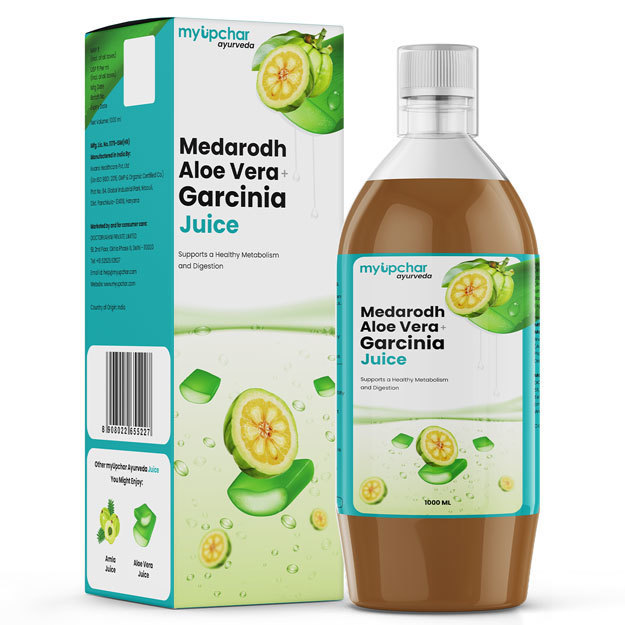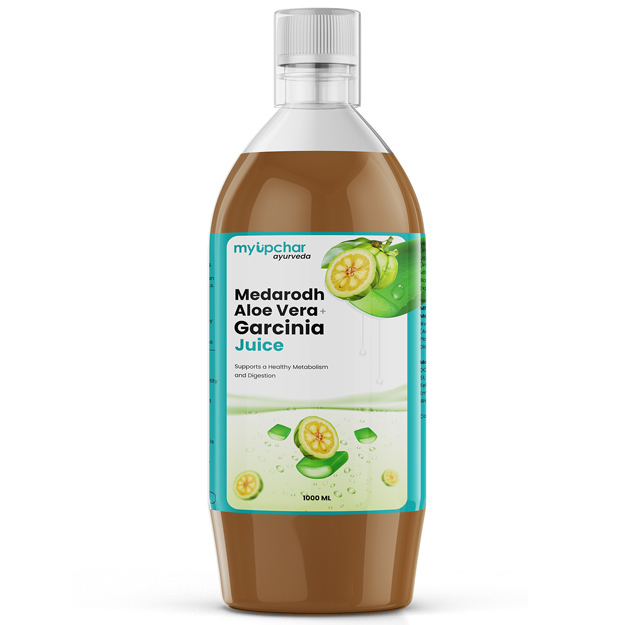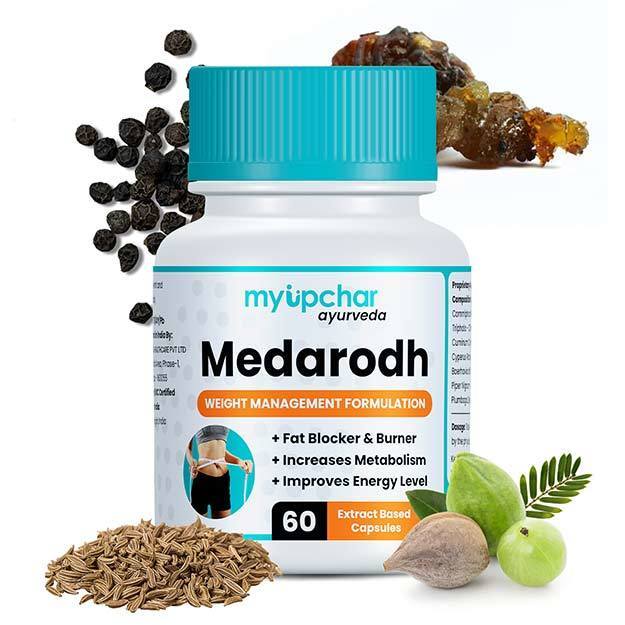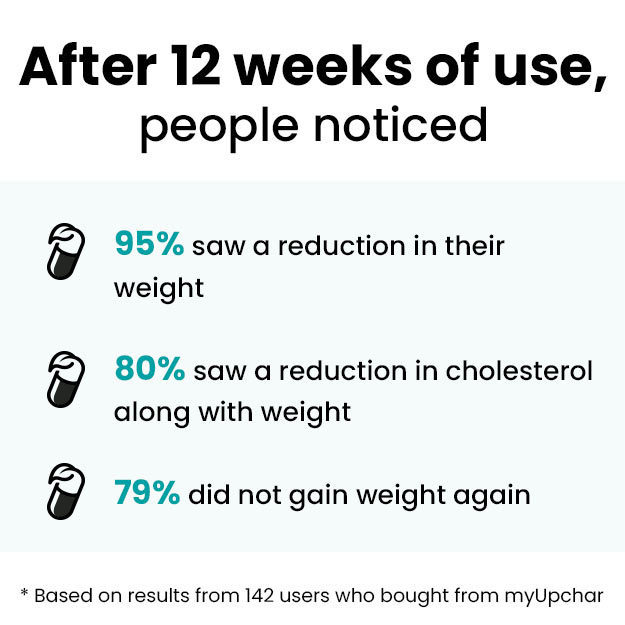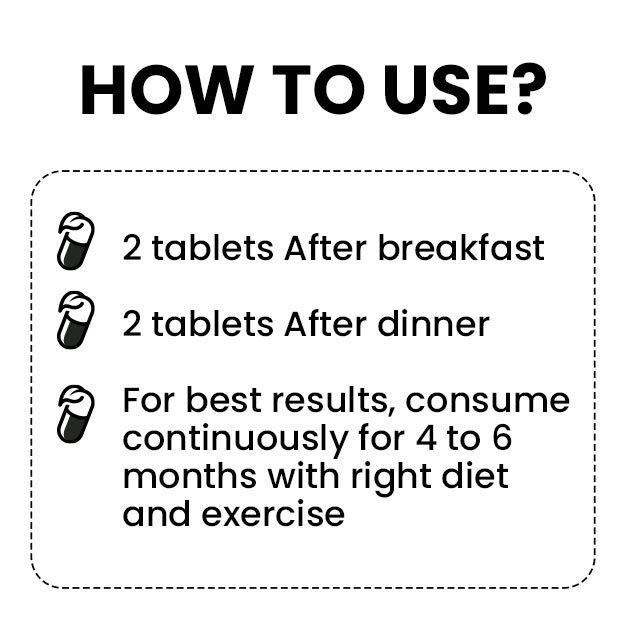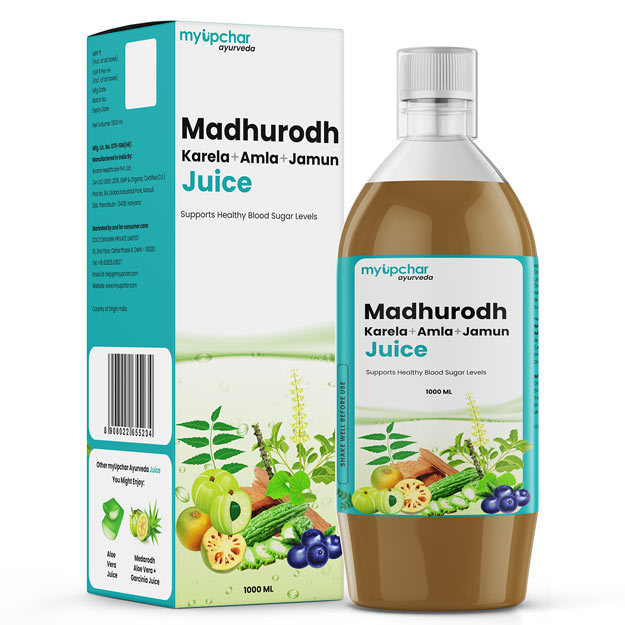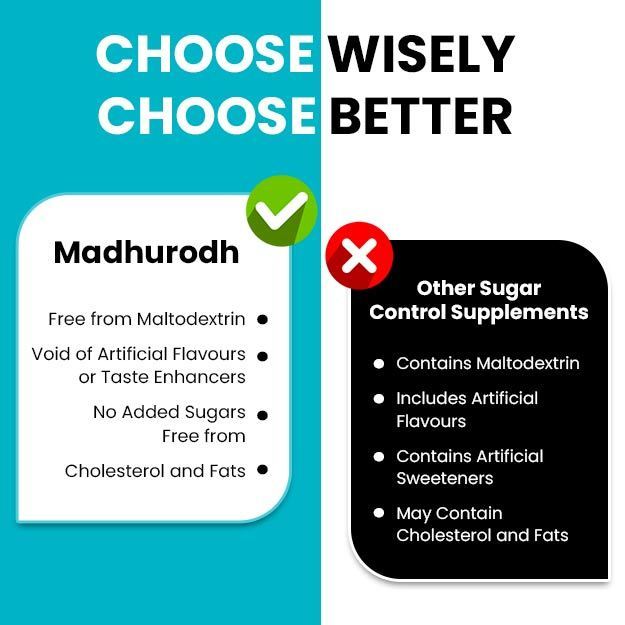GLP-1
GLP-1 drugs work by reducing the feeling of emptying of the stomach, increasing the feeling of fullness, and reducing the secretion of glucagon, a hormone involved in controlling appetite. Several studies have shown that GLP-1 agonists may be beneficial for weight management.
For example, a study with 1,961 adults found that taking 2.4 mg of semaglutide per week along with lifestyle changes reduced body weight by about 15% after 68 weeks.
More recently, a 2023 Phase 3 clinical trial of 2,539 adults found that people taking tirazepide lost more than 20% of their weight over the course of 72 weeks.
Side effects: Common side effects include nausea, vomiting, diarrhea, dizziness, headache, increased heart rate, infection, and indigestion.
Serious side effects include kidney problems, thyroid C-cell tumors, gallstone disease, low blood sugar, and suicidal thoughts. To avoid these side effects, definitely talk to your doctor. More research is also needed on the long-term effects of these drugs, as they may lead to weight gain over time.
GLP-1 agonist medication should be avoided by people with serious gastrointestinal conditions such as syndrome type 2, thyroid cancer, pancreatitis, gastroparesis, and inflammatory bowel disease.
Orlistat (Xenical)
Orlistat is an oral medication available as Xenical. It can also be purchased over the counter under the brand name Eli. Orlistat works by blocking the activity of certain enzymes used to break down fat in the digestive tract, which helps reduce the amount of calories you absorb.
According to a 2011 study of 80 people with obesity, those who took orlistat lost an average of 4.65 kg after 6 months. They also experienced significant reductions in body mass index (BMI), belly fat, and total and LDL (bad) cholesterol levels.
Side effects: Taking orlistat may cause digestive problems such as gas formation, frequent bowel movements, etc. It can also lead to nutrient deficiencies, including fat-soluble vitamins A, D, E, or K. A low-fat diet should usually be taken while taking this medication to help reduce adverse side effects.
Phentermine/topiramate (Qsymia)
Phentermine/topiramate is an oral medication that requires a doctor's prescription and is sold under the brand name Qsymia. This medication contains phentermine, a central nervous system stimulant and appetite suppressant with a mechanism similar to that of amphetamine. It also contains topiramate, an anticonvulsant that helps reduce appetite and increase satiety (feeling full) to promote weight loss.
A research review concluded that phentermine/topiramate resulted in an average weight loss of 7.7 kg and significantly reduced belly fat, blood pressure, blood sugar and cholesterol levels.
Another review comparing the effectiveness of several weight loss medications found that overweight or obese people who took phentermine/topiramate lost an average of 8.8 kg after 1 year.
Side effects: Possible side effects may include nausea, vomiting, diarrhea, and stomach cramps. This medicine should not be taken in heart disease, high blood pressure, hyperthyroidism, glaucoma, diabetes, or pregnancy.
Read more - (Hormones that affect weight)




